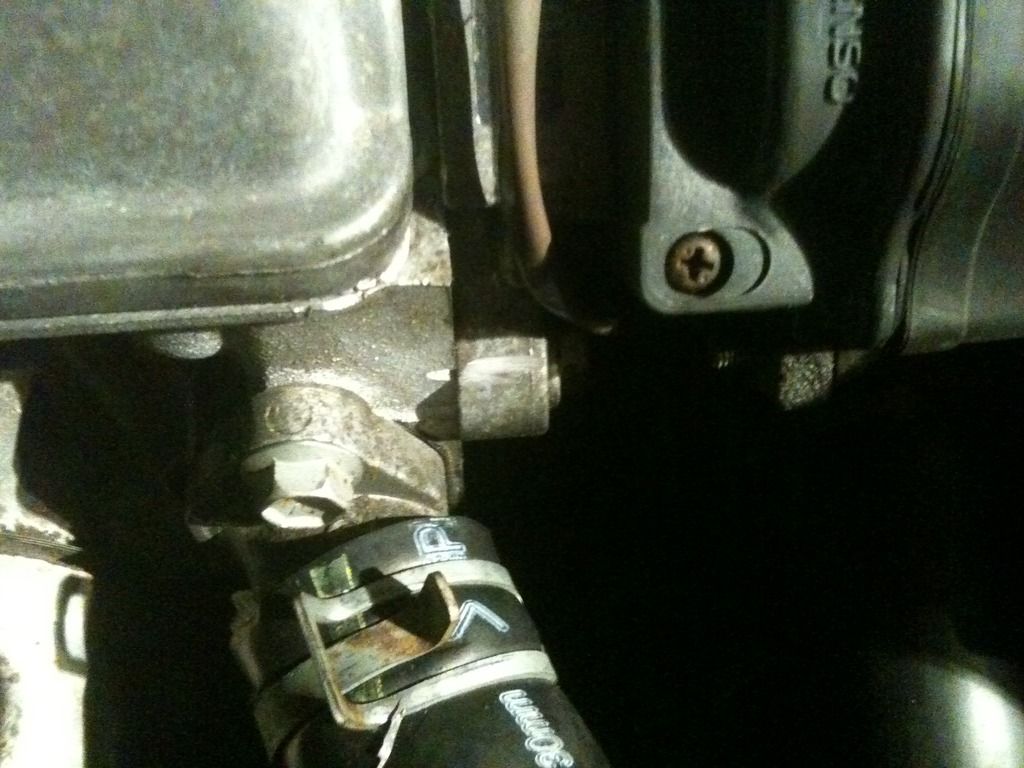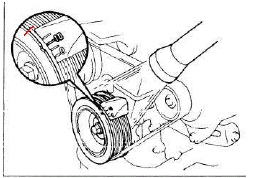I've been hearing a squeaking noise lately when accelerating. It sounds like leaves rustling. The noise is not reproducible in neutral or downhill, the car has to be accelerating uphill. If the transmission downshifts, the noise disappears.
I thought it might be a wheel bearing, but my tires were rotated and the noise still comes from the front left of the car. It occurs anywhere above 15 miles per hour. I recorded the sound today:
What could it be? I only noticed it after the shop changed the timing belt, tensioner, and water pump a few months ago.
I thought it might be a wheel bearing, but my tires were rotated and the noise still comes from the front left of the car. It occurs anywhere above 15 miles per hour. I recorded the sound today:
What could it be? I only noticed it after the shop changed the timing belt, tensioner, and water pump a few months ago.











